Table of Contents
As technological advancements continue to impact every sector of life, new tech advancements such as IoT, AI, and Blockchain have become a significant part of mobile healthcare too. Electronic patient databases, virtual hospitals, and ambulatory clinics are just some of the latest emerging trends in healthcare. After all, health is undoubtedly the most essential thing in life. According to a report, IBM has invested more than 4 billion dollars in acquiring healthcare technologies. These numbers prove the fact that the digital trends such as IOT, AI, and Blockchain are here to stay.
Healthcare is now relying on computers in the hope of improving patient care, cutting costs and easing the workload of healthcare staff. As the years pass, we are finding ourselves reaching a point where one doesn’t even need to step out of the house to consult a doctor. In fact, our data can be accessed by doctors safely through a mobile phone too. Life-saving diagnosis can now be made online.
While no technology can replace doctors completely, a computerized system provides a secure platform for those who live in remote areas and are not able to access healthcare facilities readily. Thanks to Artificial Intelligence, Blockchain, and IoT, people have to make fewer visits to the doctor and can stay inter-connected through a computer or mobile phones only.
Hence, it’s no surprise that these three subjects continue to dominate the field of mobile healthcare in the years to come. Let us take a look at these three technologies in detail and how they will they become cornerstones in healthcare.
What does the future hold for mobile Healthcare
1- IoT
The internet of things is responsible for connecting different devices to the internet. While we are already using our smartphones and spam free apps to stay connected, IoT is bringing a silent revolution in the healthcare department. With wearable glucose monitors to portable ultrasound devices and smart pills – IoT has become an indispensable source to capture valuable patient data. In fact, according to a report the healthcare IoT market is expected to reach a staggering figure of $267.6 billion By 2023. Another report by the 2017 Thales Data Threat confirms that more than 30 percent of healthcare organizations use IoT to store sensitive data.
There are many benefits of using IoT in healthcare, such as easy access to remote monitoring, accurate diagnoses, reduced errors, improved pharmaceutical management and decreased costs. IoT has proved to be very useful in providing top-notch healthcare facilities for people in isolated locations.
One such application is SystemOne, an IoT company that is striving hard to connect devices and laboratories in 35 countries and over 1500 locations. In Uganda, the time to diagnose tuberculosis has reduced by 95%. It used to take 60 days to process lab examination results, and now it is reduced to just 3 days- all thanks to IoT.
2- Artificial Intelligence
Another wave of the future in healthcare is artificial intelligence. AI is making significant developments in healthcare, and we are now witnessing its applications in homes too (Siri, Alexa). It is a safe, consistent and affordable technology as compared to its human counterparts.
Healthcare experts have predicted that AI is soon going to become a unique technology as it continues to improve diagnosis, workflow systems and supply chain management in healthcare. Even though machines can never replace humans, we will be seeing AI playing an important role in mobile healthcare over the next two to three decades.
From diagnostic systems that can detect an illness based on the walking speed to robotic assistance in braintest and surgeries- the future of healthcare has many promising applications based on AI. China is leading the front in the field of AI by coming up with unique innovations such as an AI-focused lab that helps in voice recognition and language processing.
But even though AI has uncountable benefits, it might also have its own share of problems. According to a post on the Harvard Business Review, the boost in AI systems can pave the way for cyber attacks and personal data thefts. Perhaps the years to come will feature a backlash against the AI hype or maybe it wouldn’t be half as bad.
3- Blockchain
Blockchain focuses on data exchange within the health records and patient information, inside the healthcare setting. The blockchain technology is a distributed ledger that provides a secure, traceable and manageable source of exchanging healthcare data.
It was initially used to power Bitcoin, but there is a lot of potential in the application of blockchain technology in the field of healthcare. Whether it is an exchange of data from doctor-to-hospital or from hospital-to-hospital, blockchain provides a safe environment to do so.
One of the main challenges in mobile healthcare is cybersecurity, that can be resolved by using blockchain technology. An encrypted path ensures that confidential patient records do not reach the hands of hackers or other digital thieves.
There are different types of blockchain environments such as centralized, decentralized and distributed; healthcare professionals can choose the one that suits their organization. The blockchain technology is not a magic pill that is going to solve all data management issues, but it can certainly improve the efficiency and security of healthcare data domain.
Conclusion: mobile healthcare
The usage of IoT, AI and blockchain are gaining momentum in the healthcare industry, personal health monitoring, and healthcare payment applications. There are many hurdles before these technologies become common, but the future looks very promising.
Needless to say, the application of these advancements has shown a drastic improvement in patient care by introducing remote monitoring options and telemonitoring. Secondly, it has also helped in the monitoring and maintenance of assets in the healthcare department.
However, these applications are just the beginning, and as time passes, we will see even more advanced and sophisticated technologies that will help in the digital transformation of healthcare.
What are your opinions regarding the future of mobile healthcare and the application of IoT, AI, and blockchain? Do you think these technologies can bring a revolution in the future of healthcare? Let us know in the comments below.
About the Author
Alma Causey is a Freelance writer by day and sports fan by night. She writes about tech education and health-related issues. Live simply, give generously, watch football and a technology lover.
I hope you found this article useful! If you are interested in mobile healthcare, I highly recommend you to subscribe to our monthly newsletter here.
Btw, if you found this article about mobile healthcare interesting, you might like…
Digital business transformation: trends, statistics & case studies
4 Reasons why blockchain should be applied in healthcare
Digital identity trends & startups to watch
A list of 20 most active venture capital investors in Spain
Barcelona; one of the best smart cities in Spain
The 28 entrepreneurship books to read
Top 20 promising startups in Barcelona to watch
Human centered innovation: careers, benefits & examples
Barcelona makes it to the top 5 of innovation hubs
Top smart city projects & leaders to watch
Disruptive technology & innovations to track
Digital health ecosystem in Barcelona
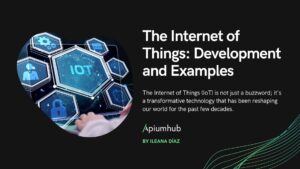
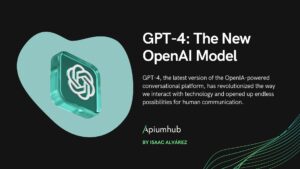
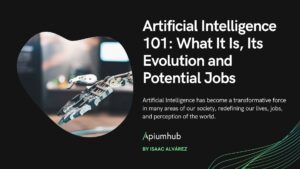
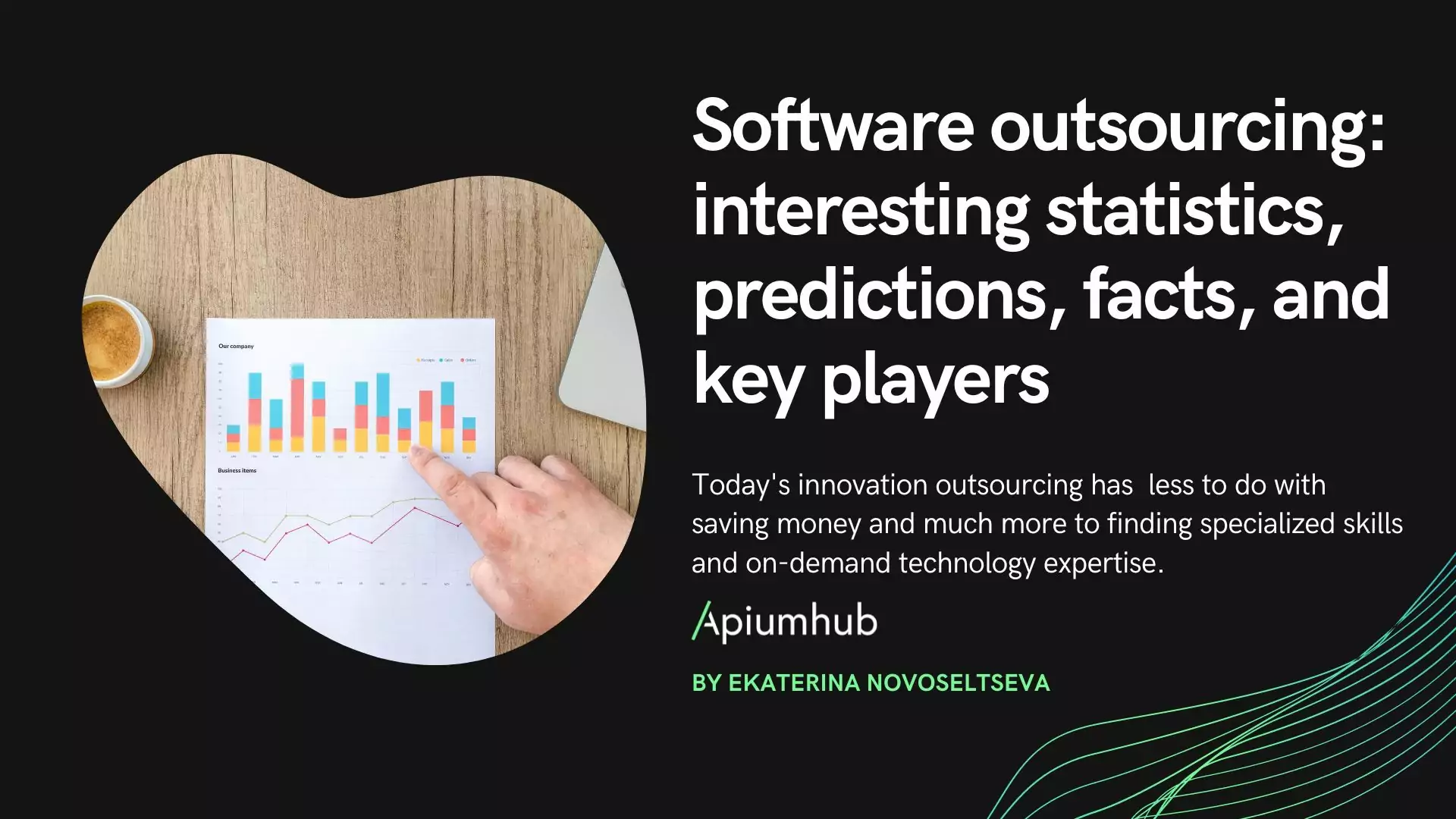
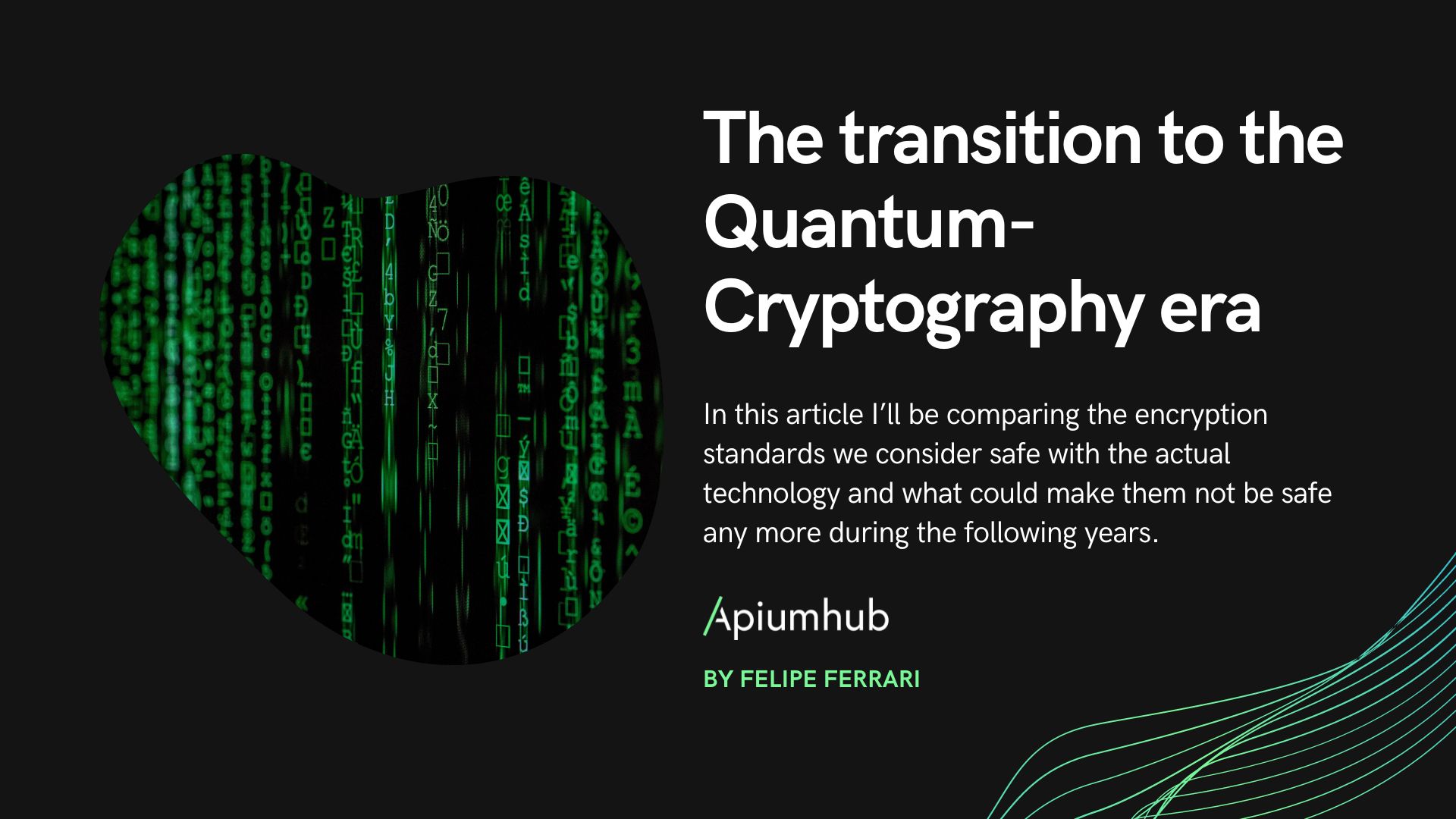
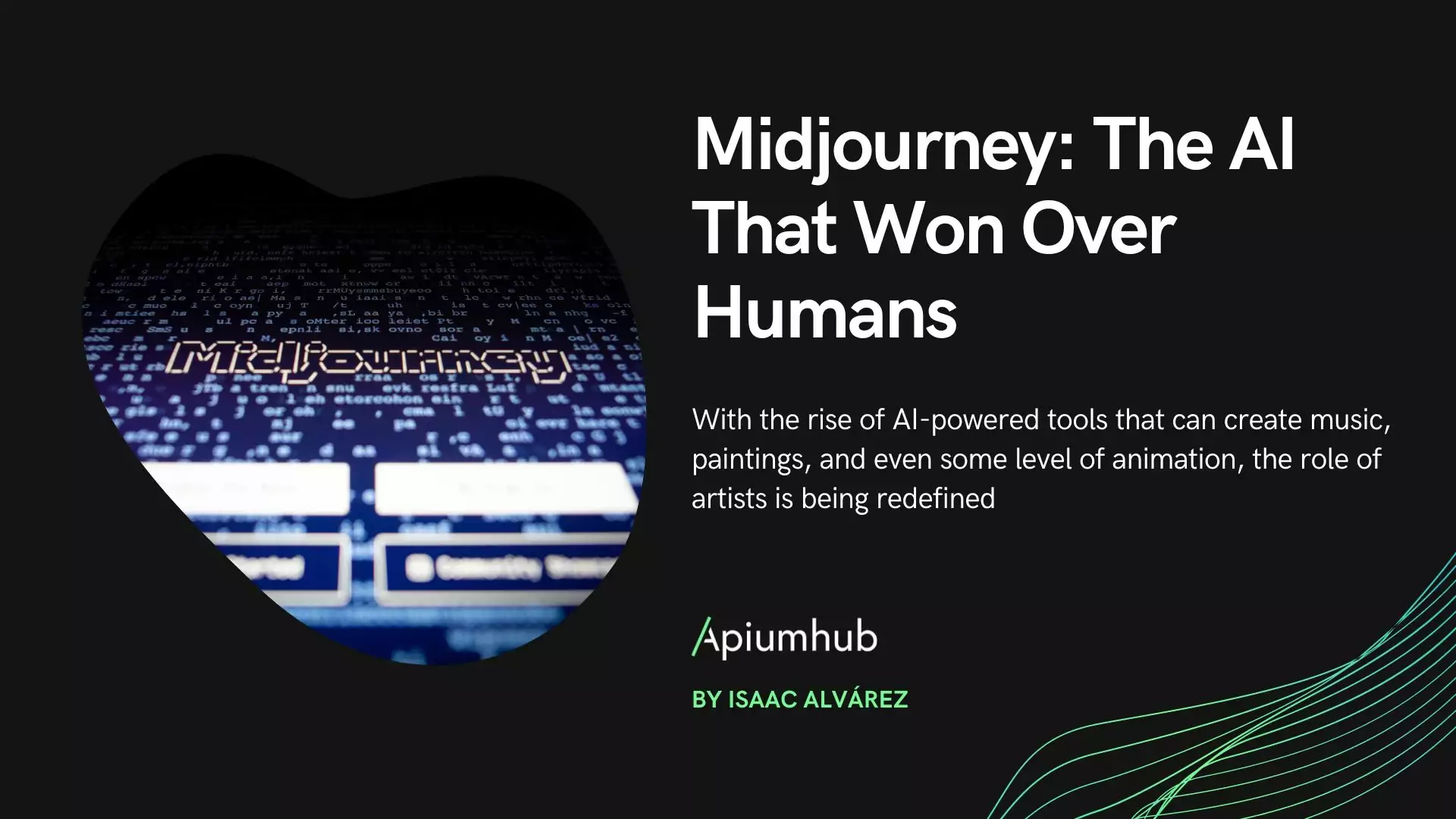




One Comment
Akeo
As rightly mentioned, blockchain aims to be the technology that can bring substantial changes to the healthcare industry. It is great to see how various healthcare organizations across the globe are exploring the technology for data security, data management, and instant transactions.
Akeo Blockchain Consultancy
https://akeo.tech/